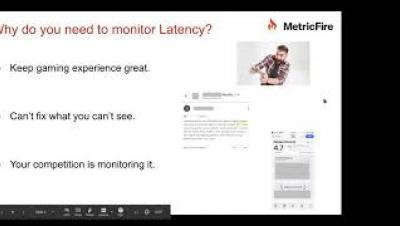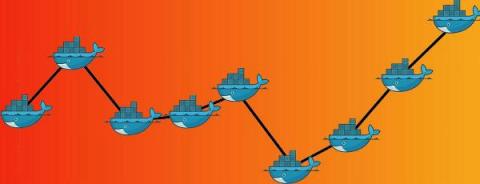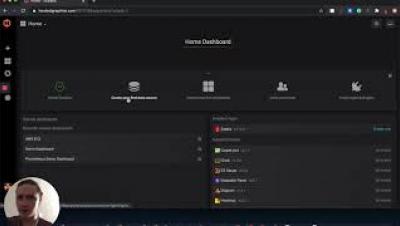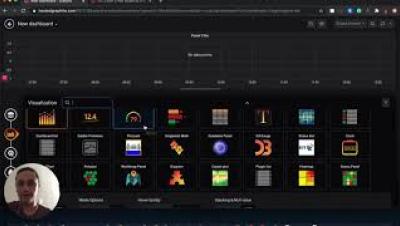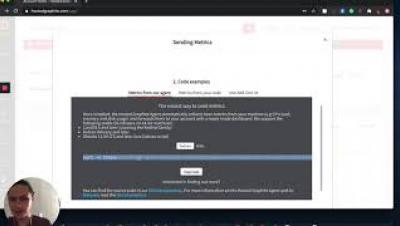Operations | Monitoring | ITSM | DevOps | Cloud
MetricFire
Monitoring CI/CD Pipelines
Continuous Integration (CI) and Continuous Delivery (CD) form the backbone of the product delivery lifecycle. A well tuned, fault tolerant and scalable CI/CD pipeline is very important to support modern Agile teams. Despite obvious business advantages, a rapid release approach combined with continuous change processes resulting from DevOps principles will in the long run generate new challenges. The entire process needs to be carefully examined and controlled.
What is Docker Monitoring?
We have come a long way in the world of computing. From having computers that fill up entire rooms or buildings while performing relatively basic actions to having complex machines that literally fit in our pockets and palms, this advancement has been nothing short of breathless. With an emphasis placed on speed and efficiency, computers and the applications running on these computers have been tailored to ensure optimal use of resources, be these resources hardware or software resources.
Observability vs Monitoring
So what exactly is observability? Is it just a new-fangled term for 'monitoring'? Well, no. Observability goes further than mere monitoring. Observability involves the combination of 3 pillars – Metrics, Logs, and Tracing – to give a much more in-depth view of what your application is doing. Observability offers proactive insights into how your application and/or infrastructure are likely to behave, whereas monitoring is only reactive in nature.
Top 5 Mobile Application Performance Monitoring Tools
Your app is done and the client is ready to launch! Everything looks great. But how can you ensure that you will achieve your SLA for uptime? How are you tracking revenue growth (& optimizing)? Do you know how many users you have, and what they’re doing at any given moment in the app? What you need is a monitoring platform that will be able to track these different types of data in one place.
Monitoring your own infrastructure with open-source Graphite and Grafana
An infrastructure, especially if it is scalable, can become extremely complex to visualize and observe. If something goes wrong, it would be difficult to fully understand the problem without a great data monitoring strategy. Information related to CPU, RAM, and statistics about SSH or HTTP servers are critical to understanding the performance of your web-application.



